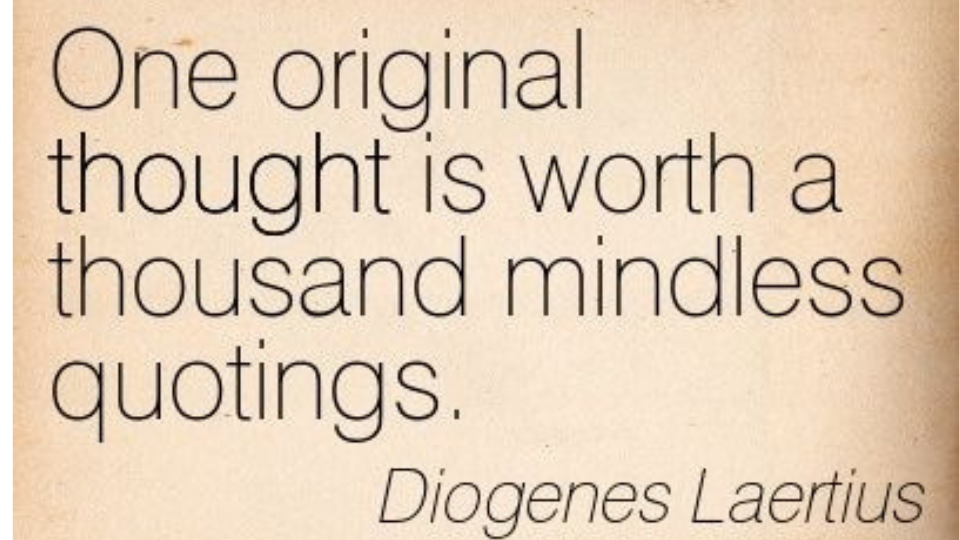
Click on the play button to listen to the audio version.
I am a big believer in being authentic and original. The large majority of leaders have no original thoughts or ideas. They follow other people’s templates; they simply regurgitate other people’s talking points. We are often taught “Don’t reinvent the wheel. Find someone who is where you want to be and do what they do”. I don’t think this is bad advice, but if everyone did that, there would be no innovation. There would be no progress. You can be successful by emulating other people, but you will never be a great leader and I don’t think you will be the best version of yourself.
Last year, I started playing with an idea about how entrepreneurship can close the minority wealth gap in America. I floated an audacious idea that the wealth gap poses an existential threat to America’s leadership in the world economy. That was an attention-getter! To develop my thesis on how to close the wealth gap, I thought about my observations in the housing industry. I realized that all the data and advocacy about the growth in the Hispanic sector had little effect on how big companies treated the market. However, when a few emerging companies that were focused on the Hispanic segment, achieved scale and took market share from larger companies, the larger companies responded by making more substantial investments in Hispanic markets. They hired more Hispanics and they invested in Hispanic marketing. In doing so, they created a multiplier effect that I believe has helped accelerate Hispanic homeownership and Hispanic household wealth. You can agree or disagree with my thesis, but it is unique and compelling and has become part of my stump speech that I have presented to Silicon Valley and investors in L’ATTITUDE Ventures. It has also provoked interesting conversations with some powerful people.
The NAHREP 10 is another example of a thesis. We can debate the specifics of the principles on the list, but there is no denying that the NAHREP 10 has had an impact.
Original thought is a powerful thing; it is what separates us from machines. It begs the question, “What is your thesis?” When people think of you as a leader, what comes to mind? Do you have a unique business philosophy? Do you have a set of principles that guide your life? Vivek Ramaswamy, the 38-year-old entrepreneur and presidential candidate said something that I found very interesting. When asked for advice by a young entrepreneur, Ramaswamy said that to be very successful, you need to come up with an idea that is different from what almost everyone believes and you have to be right. I thought that was very well put.
In the movie, “The Big Short”, a couple of obscure investors believed that the housing market was on the verge of an unprecedented collapse and millions of people would default on their mortgages. They made massive bets against the housing market, and because almost nobody agreed with them, they were able to purchase short positions on mortgage securities for very little money. And they ended up making billions of dollars when the market proved them to be right.
My point here isn’t to embolden you to make crazy bets on the stock market, but rather to acquire an appreciation for original ideas and encourage you to develop your own original leadership thesis. It seems like practically everyone wants to be an inspirational speaker or life coach these days, but most of them should just quit because they have nothing unique to offer.
While I have never been to a Tony Robbins seminar, he is clearly the leader in this field and he has remained so for decades. Why? Because like him or not, he is an original. He practically invented the industry, and he is very good at what he does.
Ray Dalio and Simon Sinek are two favorites of mine. Dalio wrote the book “Principles” in which he describes his methods for making key decisions in life and business. Sinek wrote the book “Start with Why” and his concept of the “WHY” has become part of our lexicon for great leadership.
You don’t need to be Tony Robbins, Ray Dalio, or Simon Sinek to be a great leader. Most great leaders aren’t famous, but they have something original to contribute. They have a set of ideas or principles that are somewhat unique and are understood by the people who are around them.
